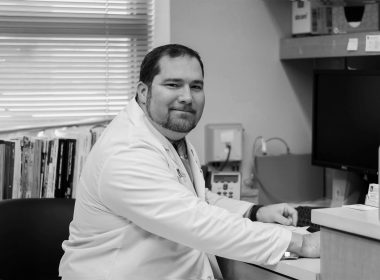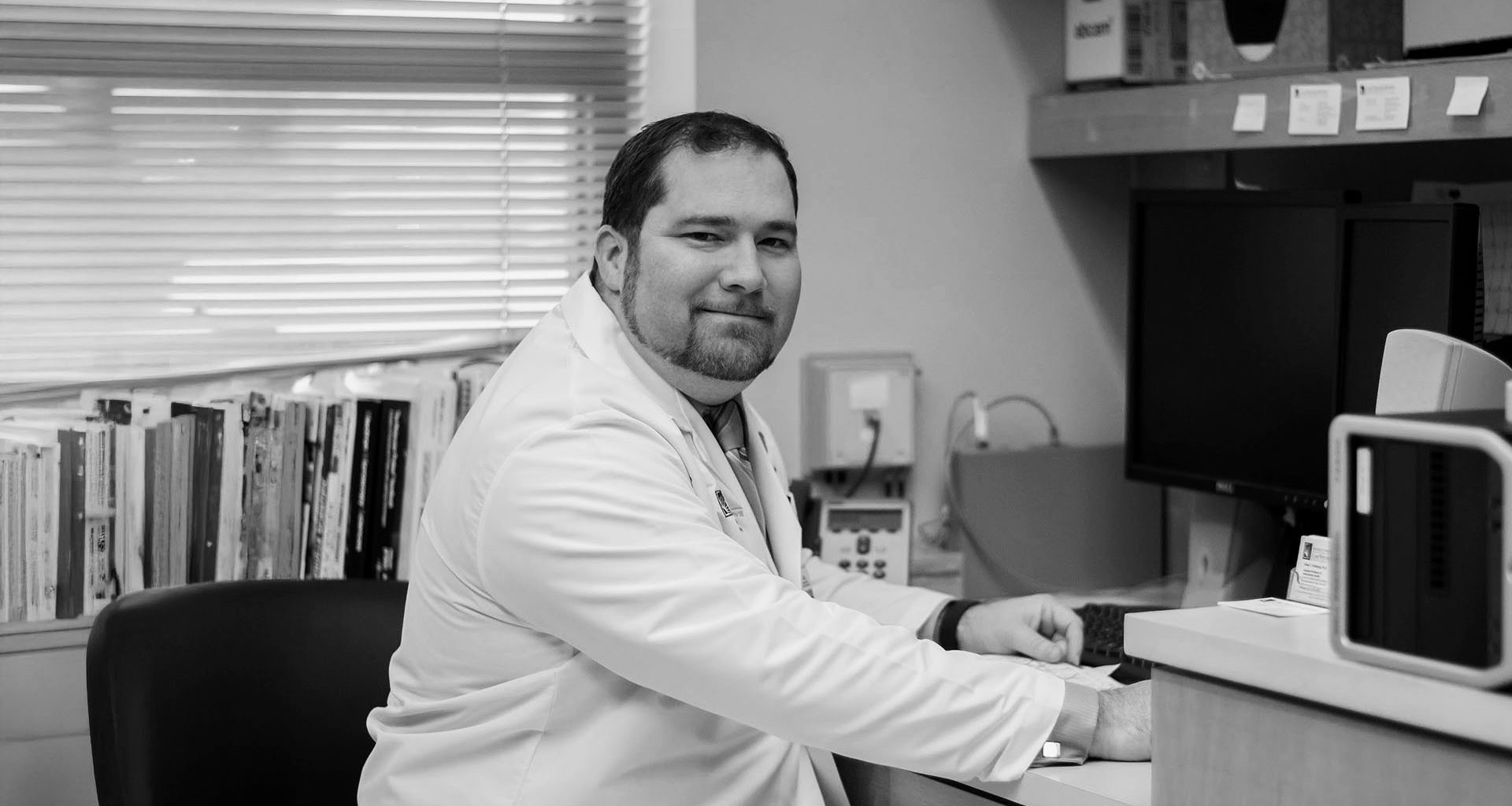Turning scientific breakthroughs into profitable ventures remains one of the greatest challenges in the biotech industry. Despite groundbreaking discoveries happening daily in labs across the country, only a fraction successfully make the leap to commercial viability. Brian Grimberg, a seasoned researcher, entrepreneur, and innovator with extensive experience bridging the gap between science and business, has spent years helping companies navigate this critical transition.
Shifting Focus from Science to Market
The lab coat to business suit transition trips up most founders. Brian doesn’t sugarcoat it. “As scientists, we fall in love with ideas and breakthroughs,” he says. “But a successful biotech company isn’t about the brilliance of the science. It’s about the viability of the business built around it.” This mindset shift is where most stumble. They have groundbreaking technology but no clear customer. Brian hammers this point home: “You need a clear path to product that solves a pressing problem. One that people or companies are willing to pay for.”
The scientific method won’t help you here. Instead, Grimberg pushes founders to ask harder questions about their business potential. “That means early focus on things like market size, competitive advantage, and regulatory hurdles.” Market analysis isn’t what interests scientists on a daily basis. But without it, they’ll never get investors interested in promoting their work either. “Investors aren’t backing your discovery,” Brian points out. “They’re backing your plan to profit from it.”
Strengthening Patent Protection
Great research means nothing if you can’t protect it. Here’s where Brian sees another common blind spot. “Having a great innovation isn’t enough. You need to protect it and make sure you can actually use it,” he explains. The distinction matters. Patents give you ownership, but that doesn’t guarantee freedom to operate. Patents are only the right to sue someone if they use your idea. “Also if you could own a powerful piece of IP, but if it depends on another patented tech that you don’t control, your business may be blocked.” He’s seen this before – promising startups suddenly hitting a wall because they didn’t map the patent landscape properly.
The fix isn’t complicated, just overlooked. “Smart founders invest early in patent strategy and legal counsel to avoid surprises that could derail their company down the road.” It’s not the most enjoyable part of building a biotech company. But skipping this homework has killed plenty of promising ventures.
Prioritizing Revenue Strategy
Most founders think too linearly about commercialization. Brian pushes for flexibility. “Whether you’re developing a diagnostic or a treatment, you need a strategy that gets you to revenue efficiently,” he says. “And that might mean licensing a partially developed product, repositioning an old drug, or partnering with a larger firm for commercialization.”
The fatal mistake? Getting too attached to one path forward. Brian’s seen plenty of founders run out of runway because they couldn’t adapt their revenue strategy. Their science was sound, but their bank accounts weren’t.
The bottom line matters more than most scientists want to admit. “You’re not just raising money or hitting milestones,” Brian emphasizes. “Ultimately, your company’s value will be judged not by its publications or its patents, but by its path to sustainable returns.” Hard truth, but one that separates the survivors from the shutdowns.
Thinking Like Both a Scientist and CEO
The most successful biotech founders work both sides of their brain. “Successful biotech founders think like business people, not just scientists,” Brian says. “They evaluate every idea through the lens of fit, IP protection, and financial strategy.” It’s a tough balance to strike. The scientific mindset that drives discovery can sometimes block business adaptation. But those who make the leap see outsized returns – both financially and in real-world impact.
Brian remains optimistic about those willing to do the work. “The journey from research to revenue is difficult, but for those who can avoid common missteps and understand both science and business, the impact can be transformative.” Not every scientist needs to become a founder. But those who do need to understand that good science is just the ticket to entry. In reality your ability to help people with your discovery relies on your work with markets as much as the work in the labs.
Connect with Brian Grimberg on LinkedIn or www.briangrimberg.com to learn how he’s bridging science and business.











